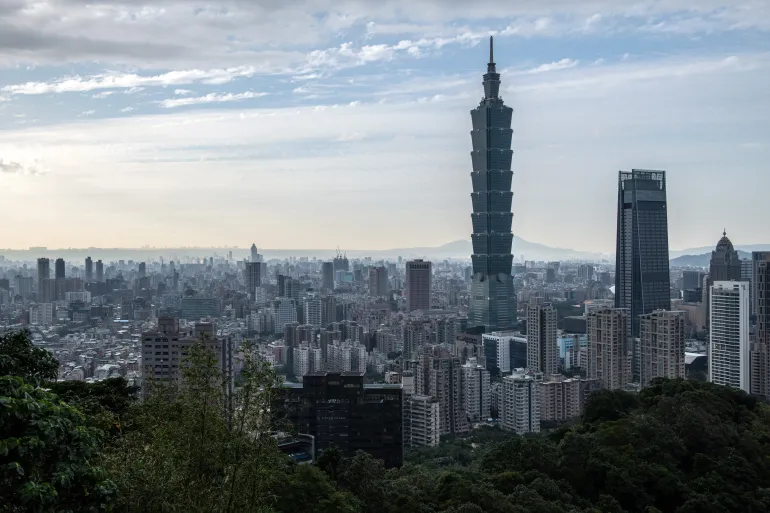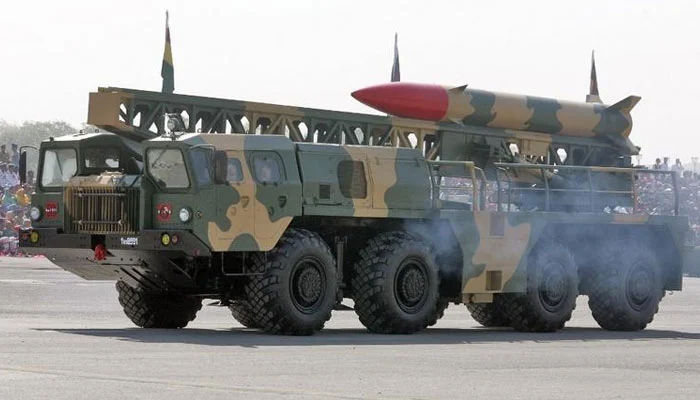Taiwan drawn into Middle East politics after deadly pager blasts in Lebanon
Taiwan’s crucial tech industry has been unwittingly drawn into Middle East politics after revelations that thousands of exploding pagers used to kill members of Lebanon’s Hezbollah group were manufactured using the branding of a Taiwanese firm. Taiwanese tech company Gold Apollo on Wednesday denied that it had manufactured the AR-924 model pagers that exploded en masse in Lebanon, saying they had been made by a European company named BAC through a licensing deal. “According to the agreement, we authorise BAC to use our brand trademark for product sales in specific regions, but the design and manufacturing of the products are entirely handled by BAC,” Gold Apollo said in a statement. “We only provide brand trademark authorization and have no involvement in the design manufacturing of this product,” the company added. Taiwan’s Ministry of Economic Affairs said it had no record of direct exports of the devices to Lebanon and that the pagers may have been modified after manufacturing. Taiwan’s Ministry of Foreign Affairs did not immediately respond to a request for comment. The New York Times and Reuters news agency, citing unnamed officials, reported that Israeli authorities had placed small amounts of explosive material in the pagers before the detonations. Analysts in Taiwan expressed doubt that the Taiwanese government or Gold Apollo would have willingly participated in the apparent attack, which Lebanese authorities say killed nine people and wounded more than 2,700 others. Still, the incident draws unwelcome attention to Taiwan and its globally renowned tech industry, which produces the lion’s share of semiconductors used to power practically all electronics worldwide. Jhy-Chern Liu, a professor at the National Taiwan University of Science and Technology, said he was “shocked” at the news and that people on the island were concerned. “Even though Taiwan has been very close to the US in all aspects, I do not believe that any companies in Taiwan would be involved in a deadly plot like this, considering that Taiwan is an open society and a full democracy. Any hint of ideas like this is simply impossible and unthinkable,” Liu told Al Jazeera. “I do not think the Gold Apollo company would be so unprofessional or stupid to be involved …,” Liu added. While Taiwan is unlikely to have been directly involved, the incident nonetheless raises uncomfortable questions for Taiwan’s tech industry going forward, given its importance for global supply chains, said Yachi Chiang, a professor in tech law at National Taiwan Ocean University. “This incident will be a huge, critical lesson for the industry,” Chiang told Al Jazeera. “The Taiwan tech industry used to think they are only manufacturers of hardware, so they have nothing to do with politics, they are doing their own business. But not any more.” The revelations have also brought the fallout of the war in Gaza to Taiwan’s front door. Taiwan typically keeps its distance from global conflicts and geopolitical controversies except in cases involving China, whose government in Beijing claims the self-governing island as a province. Since the war in Gaza began in October, Taipei has stayed largely silent on the number of Palestinian deaths, although it did condemn Hamas’s October 7 attack on Israel. Taiwan does not have diplomatic relations with Israel, which, like most countries, does not officially recognise Taipei, but they both have close ties with the US. While Taipei is one of the most diplomatically isolated governments in the world with just 12 formal allies, it punches above its weight in global influence thanks, in part, to its powerful tech industry. The island is home to TSMC, which manufactures about 90 percent of the world’s most advanced semiconductor chips, which make up the backbone of Taiwan’s export-dominated economy. About two-thirds of Taiwan’s exports, which account for about 70 percent of gross domestic product (GDP), are classified as machinery and electronics, ranging from advanced iPhone chips to small components like the screws used in car engines. Besides cutting-edge tech, Taiwan’s factories also produce more antiquated technology such as pagers, which run on less advanced chips than smartphones. Taiwan’s economy is also dominated by small and medium enterprises such as Gold Apollo, which was founded in 1995 and specialises in pagers and small wireless communication devices used by restaurants and hotels. Chiang said the incident in Lebanon highlighted the need for Taiwanese tech companies to pay more attention to their supply chains, even as Taipei has signed onto initiatives like the US-led Clean Network to keep Chinese tech out of Western telecom infrastructure. Advertisement “You may recall the United States, they advocated for the Clean Network, clean infrastructure – this is because in each of the links of this whole supply chain, it could be the weakest link, but we don’t know which link that might be,” she said. “That’s why it’s necessary to have a whole clean network and whole clean infrastructure – you can see the necessity here.” In Taiwan, where the public is used to China’s threats to “reunify” with the island by force if deemed necessary, Tuesday’s attack also prompted questions about the island’s security. Some Taiwanese netizens wondered if pagers could be used in a similar attack by Chinese tech companies in the future. “What we should worry about is that the other side of the Taiwan Strait will follow the same pattern and attack us,” one user wrote on the popular Reddit-like message board PTT. Source: https://www.aljazeera.com/economy/2024/9/18/taiwan-dragged-into-middle-east-politics-after-deadly-pager-blasts
Taiwan drawn into Middle East politics after deadly pager blasts in Lebanon Read More »
News

















